Calf prices remained solid again this week, with demand for export-type Friesian bull calves continuing to make between €50 and €80/head.
Exporters are also active for both Angus and Hereford calves as availability increases in the market, with the average price paid for three-week-old bulls and heifers €183 and €205 over the last seven days.
However, Department of Agriculture figures for the week ending 27 March show year-to-date calf exports of 60,547 head are running 6,605 head lower than 2020. That number would be even greater were it not for figures being compared to levels a week earlier that year, with an extra week’s data present in 2020.
Calf exports to the Netherlands for the year to-date are at 22,814 head, some 38.1% lower than 2020.
There is higher demand in other countries, with Italy, Spain and Northern Ireland all performing better than in 2020.
Meanwhile, prices of dairy stock appear to be holding up well, despite the new growth restrictions announced by Glanbia.
A clearance sale of top-quality high-EBI dairy cows in Carnew Mart on Tuesday averaged €2,500/head for the calved cows, while a clearance sale of Holstein Friesian cows in Limerick averaged €2,600/head. However, prices at the dairy sale in Kilkenny Mart on 29 March averaged €1,612/head, with demand well back on the previous sale, which averaged €1,775/head.
Maiden heifers were back at Mid-Tipp Mart in Thurles last week. They averaged €794/head, while they averaged €912/head at the beginning of March.
Pat Carroll from dairy livestock agents Grasstec said that demand for dairy stock is holding firm across the board and that the Glanbia announcement hasn’t had much or any impact on demand.
“New entrants in the Glanbia region that have been in contact with us for young stock are still forging ahead with their plans. Most of these farmers are setting up herds of 100 cows or less, so they are not as affected by the new rules.” Carroll said.



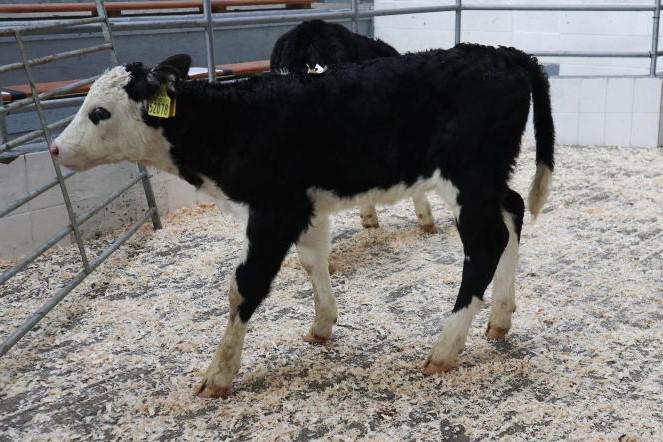

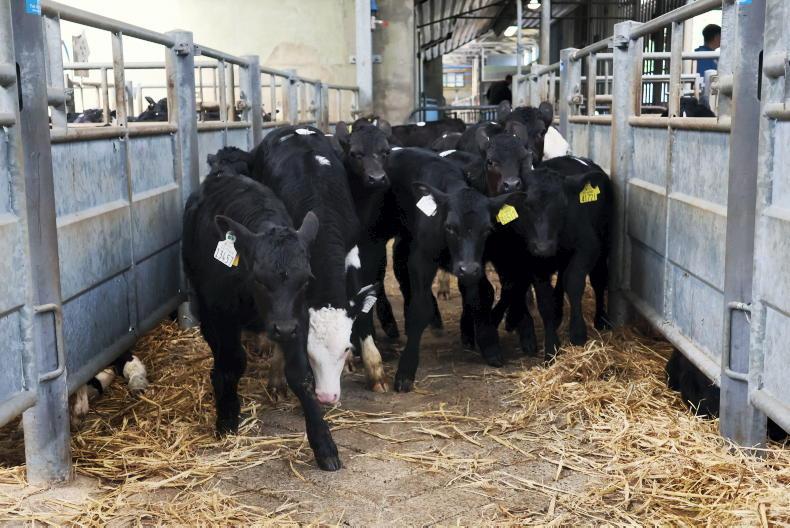

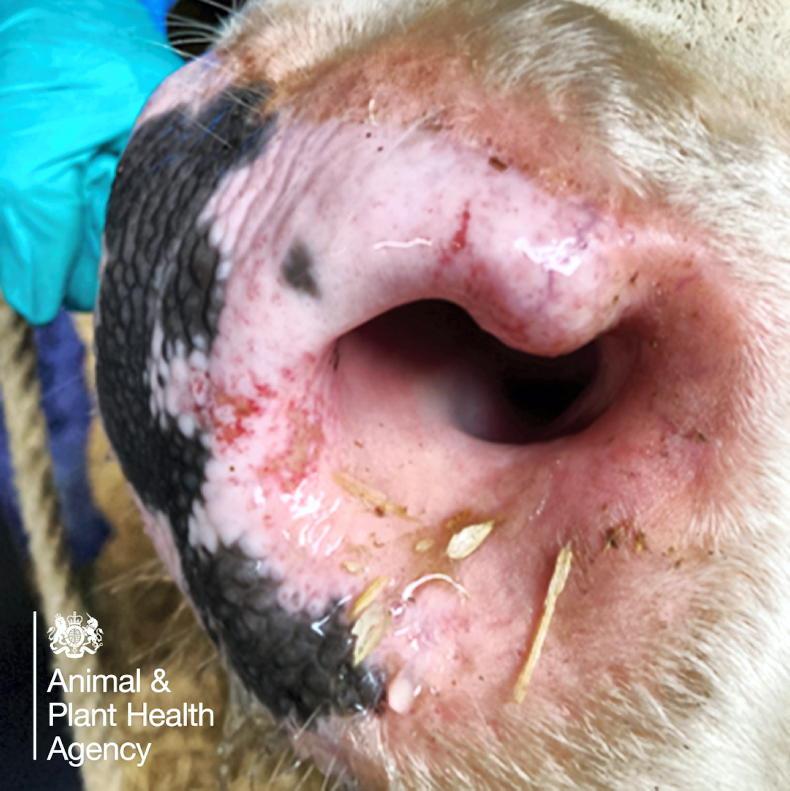
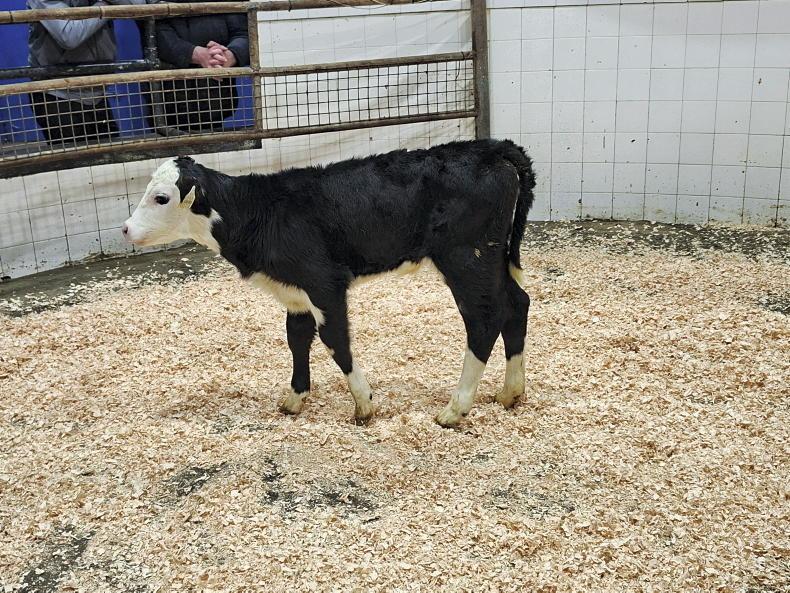
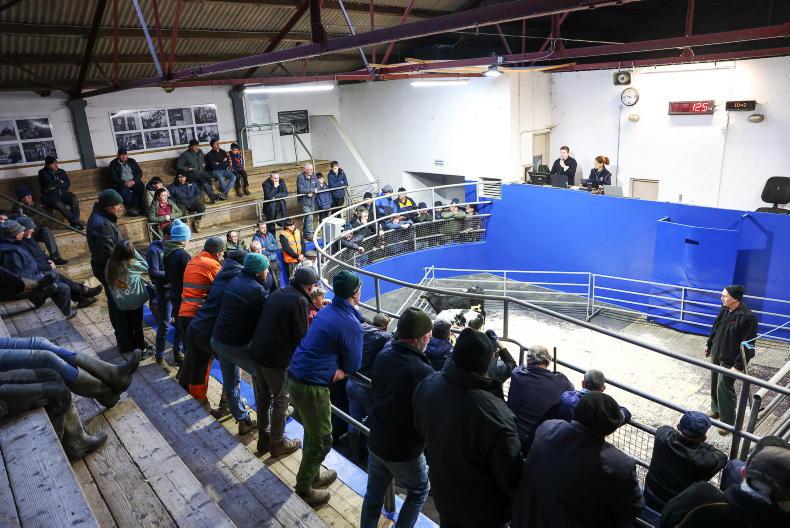
SHARING OPTIONS